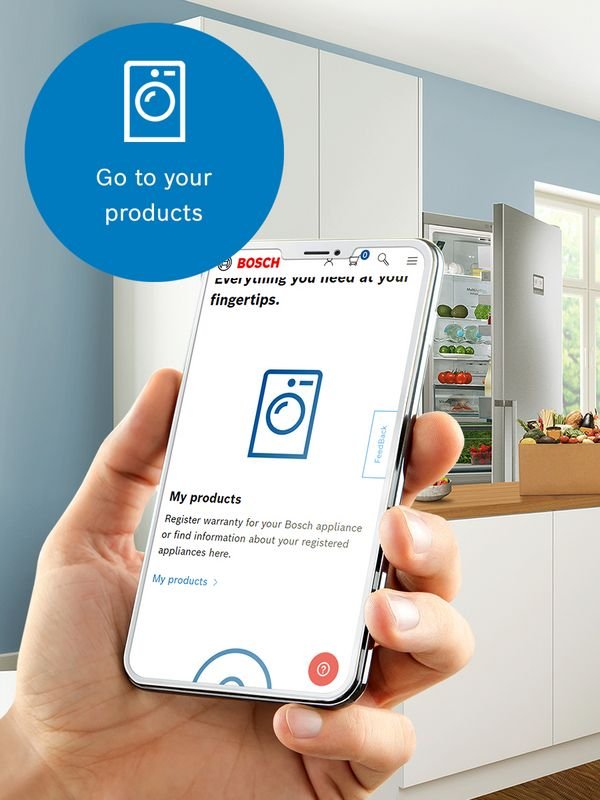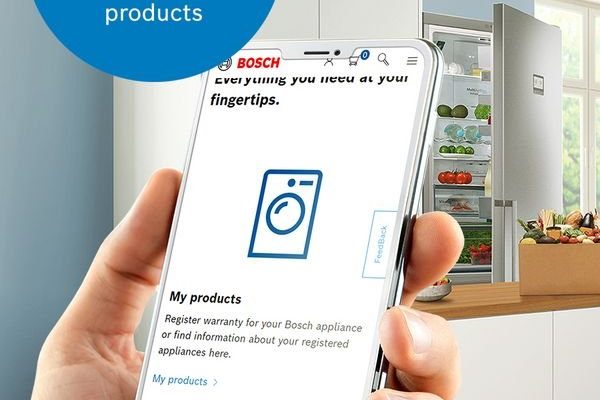
Let me explain it like this: registering a water heater for warranty is a bit like signing up for a membership club. The club wants to know you’re the original owner, so they can offer you exclusive benefits. When an appliance passes hands, that connection gets a little tricky. So, can you register a used Bosch water heater to get that warranty protection? Let’s walk through how Bosch handles this, why warranty registration matters, and what your options are if you didn’t buy new.
How Bosch Water Heater Warranty Registration Works
First off, Bosch typically ties warranty registration to the original purchase. When you buy new, you get a receipt or proof of purchase, and the serial number on the water heater helps Bosch confirm the product’s age and eligibility. Registering your unit is straightforward in this case—you enter your info online or via customer service, and *boom*, you’re covered.
Here’s the catch: warranty coverage often starts from the day the water heater is sold at retail, not when it’s installed or transferred. So even if your used Bosch water heater looks spotless, the warranty clock may already be ticking. This is because manufacturers want to prevent warranty fraud or misuse, which can happen if multiple owners keep extending coverage indefinitely.
In a way, it’s like a library book: the library cares primarily about the first borrower’s timeline, not each person who borrows it after.
Can You Register a Used Bosch Water Heater?
You might be wondering, “If the warranty starts on the first purchase date, can a new owner still register or transfer it?” Unfortunately, Bosch’s official warranty terms usually don’t allow new buyers of **used** water heaters to re-register the product for warranty purposes. The warranty is generally non-transferable.
Why is this? Here’s the thing: warranties are based on a contract between Bosch and the initial buyer. They rely on that buyer’s receipt and registration info to verify the appliance’s status. Without the original proof of purchase, registering a used unit becomes complicated, if not impossible.
That said, some exceptions might exist. If you can get the original receipt or paperwork from the previous owner, and Bosch’s customer service approves, you may be able to *transfer* the warranty—though this process isn’t guaranteed or standard. It’s always worth reaching out to Bosch directly with your serial number and purchase details just to check.
Why Warranty Transfer Isn’t Simple
Think of warranty transfer like changing the name on a lease. It involves legal proof and approval from the landlord—in this case, Bosch. They want to be sure the product wasn’t tampered with and has been maintained properly.
Plus, water heaters often require professional installation and regular maintenance. Warrantees expect those conditions to be met, and Bosch might be hesitant to cover a unit without knowing its full history under you.
Why Warranty Registration Matters for Bosch Water Heaters
Here’s where it gets clear why warranty registration is such a big deal. Bosch water heaters are investments designed to last for years, with key components like heating elements, thermostats, and valves all covered under warranty terms.
Registering your water heater can give you perks such as:
- Extended warranty periods beyond the standard timeframe
- Faster customer support if something goes wrong
- Access to troubleshooting resources and repair coverage
- Proof of ownership for insurance or resale purposes
Without warranty registration or transfer, the risk is that you’ll have to pay out-of-pocket if a major part fails—especially since Bosch water heaters involve sensitive components like internal electronics and sensors.
How to Check Warranty Status on a Used Bosch Water Heater
If you’ve got a used Bosch water heater sitting in your basement or just installed one, you’re probably curious about its warranty status. Here’s a simple way to check:
- Find the serial number and model number: Usually on a label stuck to the tank or the control panel.
- Visit Bosch’s official warranty site: Use their warranty lookup tool if available.
- Call Bosch customer service: Provide the serial number, and they can confirm warranty start and end dates.
Knowing the warranty status upfront helps you decide whether to invest in an extended warranty, schedule regular maintenance, or plan for future repairs.
What If the Warranty Has Expired?
If your water heater’s warranty has already run out, registering won’t change that. But don’t despair. Bosch products are known for solid durability, and many owners find DIY troubleshooting or professional repairs more affordable than replacement.
Some troubleshooting tips include resetting the system, checking for error codes on the display, or verifying the batteries in remote controls (if your model includes one). This can save you a service call and keep things running smoothly.
Alternatives to Warranty Registration for Used Water Heaters
Honestly, if you’re stuck without an active warranty, there are other ways to protect your Bosch water heater investment:
- Maintenance contracts: Some local plumbing companies offer annual service plans that cover inspections and minor repairs.
- Extended warranties or protection plans: Retailers or third-party providers sometimes sell coverage even on used appliances.
- DIY troubleshooting guides: Bosch’s website and forums can be a goldmine if you want to reset or pair remote controls, replace batteries, or fix minor issues yourself.
For example, if your Bosch water heater remote isn’t syncing right, sometimes a simple reset code or battery change can solve the problem without needing a service call.
Final Thoughts on Registering Used Bosch Water Heaters
So, can you register used Bosch water heaters for warranty? The short answer is *usually not*. Bosch’s warranty system is designed to protect the original buyer and isn’t easy to transfer to someone else without proper documentation.
That said, checking your unit’s serial number and connecting with Bosch customer service never hurts. You might luck out if the warranty hasn’t expired or if the previous owner kept everything in order.
In the meantime, focusing on proper care, understanding how to troubleshoot your Bosch water heater, and considering alternative protection options can keep your hot water flowing without surprises. After all, a water heater is one of those quiet workhorses in your home—you want to keep it happy and healthy, whether it’s brand new or gently used.
